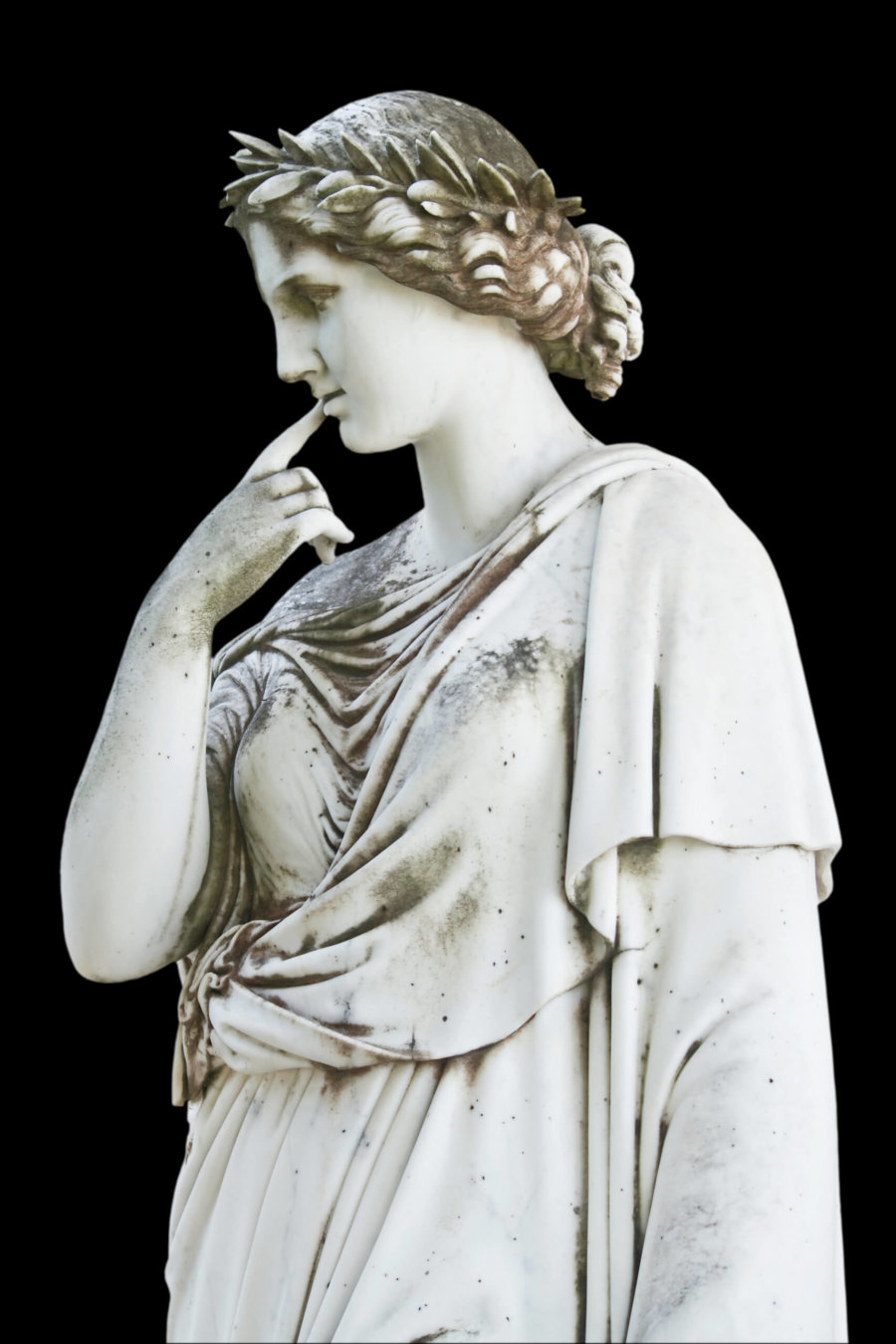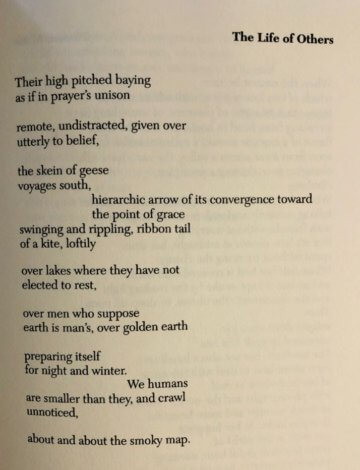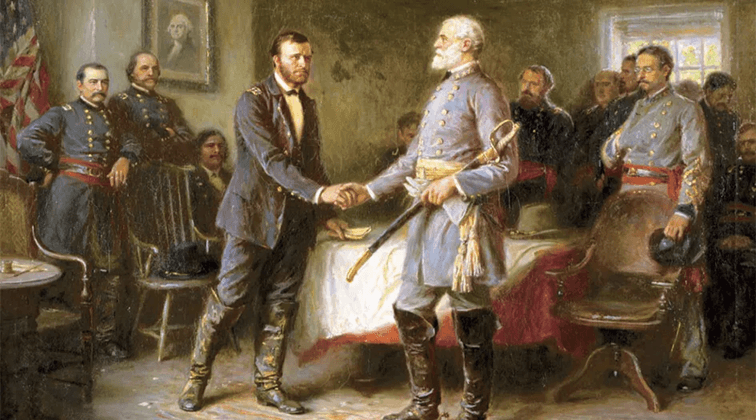Essays on Writing In The Between: Poetry As The Key to Education (Essay XI)

Essay X1: Revision towards the Other o Song
Language is complex, not under our control. It reflects the universal impermanence. But it’s all relative. In the experience, in the “Between,” of the reader-writer, language promises something more than dispersion of our energies, mockery of our sense of self. It has a unique capacity of song.
In the process of revision, the reader-writer listens hard to the text she is weaving on the subjective-objective loom of reality. Lu Chi says, “While the language may be lovely, / and the reasoning just, // the ideas themselves may prove trivial.” Revision is a process of thinking through the implications of your words, of testing them, of probing them. It can be painful, this hard work.
The role of ideas in composition is widely disputed, but in practice the reader-writer often sees them as distracting mirrors of what she wants to say. Language teems with pesky ideas. As she struggles she may be forgiven for thinking of them as the enemy of her song.
Here is “The Life of Others” by Denise Levertov.

Levertov helped free the language of reading and writing from the bind of accepted ideas. She was radical in politics and religion and artistic to her finger tips. Her texts show the weave, the passing of the loom. She risks the gaps between intention and desire, will and possibility. That’s what this poem is about. Her geese are “given over / utterly to belief.” We cringe because we’ve been taught not to give in to our beliefs.
Look again.
As we revise our lump of words into song, we begin to believe in it. We refuse to come down from our flight and enjoy what we should ignore. We can see the analogy between us and Levertov’s geese. We learn to support that self which produces song, however “high pitched.” We learn from the emergent song to maintain the appropriate pitch, to stay on pitch. And to pitch it suitably high.
The agonizing process of revision reveals the real toad in your garden, to paraphrase Marianne Moore. This is the prize. Form is both internal and external, out there/in here. In the trial of composition we are asked to give way to a voice we don’t recognize as our own at first. It sounds “other” to us.
Eventually we come to know this otherness as the point of song. For the writer it emerges from the process of revision, for the reader it emerges from our patient reading. Criticism —- even the self-criticism of the reader-writer—- often gets lost in abstractions, big concepts that are frankly irrelevant to the text. I value Levertov’s radical openness to ideas, “hierarchic arrows of its convergence toward / the point of grace” (which she makes real in the beautiful images of patterned flight).
We can say now that the warp and woof of the text is image and concept. To be true to reality these poles of conscious experience must be in balance, energies which left untended by each other take over. If all goes well in the process of revision, the self of the writer yields to the song as it emerges under the guiding hand of her faithful revision. That song is the voice of the reader-writer’s singular otherness.
The discovery of this other is the goal of the reading-writing process. A culture, a human niche or between, without access to this other is a wrecking ball. Unrestrained self-images of man’s identity have rendered the earth the unintended victim of progress. Certain concepts —-like racism —- however systemic go unnoticed by the “ruling party” because it neglects the recognition of the other we come to know as reader-writers. In this sense, the good poem, which has emerged from utterly honest revision, is the source of our necessary education. The poem is foundational to progress.
References
Bringhurst, Robert. 2008. The Tree of Meaning: Language, Mind, and Ecology. Counterpoint.
Desmond, William. 2016. The Intimate Universal: The Hidden Porosity Among Religion, Art, Philosophy, and Politics. Columbia University Press.
Lu Chi. 2000. The Art of Writing. Translated by Sam Hamill. Milkweed Editions.
Tu Fu. 2020. The Selected Poems. Translated by David Hinton. New Directions
Also see Essays on Writing In The Between: Poetry As The Key to Education (Essays I-V), (Essay VI-VIII), (Essay IX), (Essay X), (Essay XII), (Essay XIII), (Essay XIV).




